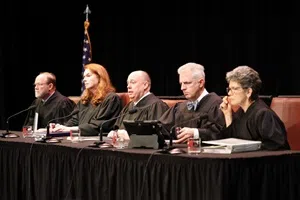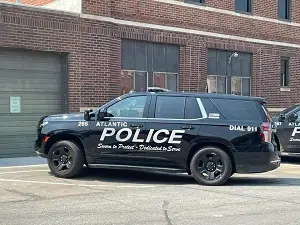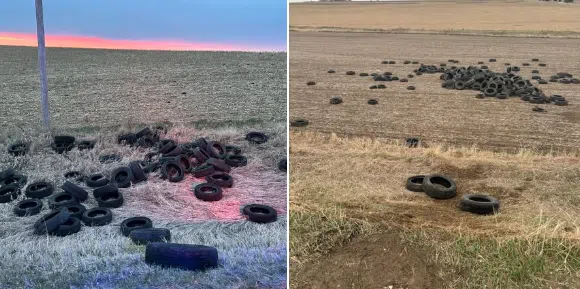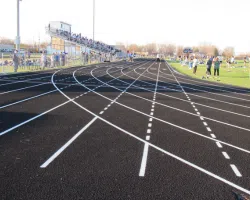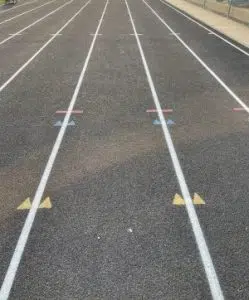(South Dakota) The company trying to build a carbon-capture pipeline through multiple states, including Iowa, has not yet proven it should be allowed to take private land for public use, according to a South Dakota Supreme Court ruling issued Thursday.
Landowners who oppose the project hailed the decision as a victory, but the company expressed confidence it could go back to lower courts and prove its case.
Summit Carbon Solutions, of Iowa, is developing an $8 billion pipeline project. It would capture carbon dioxide produced by 57 ethanol plants in multiple states and transport it to an underground storage site in North Dakota. The company hopes to capitalize on federal tax credits incentivizing the removal of heat-trapping carbon from the atmosphere.
The pipeline would pass through 18 counties in eastern South Dakota. Some landowners along the route sued to stop the company from conducting land surveys.
Summit says the surveys are justified because the company qualifies as a common carrier, and common carriers are allowed to use eminent domain.
A common carrier transports goods for the general public in exchange for a fee, such as electricity in a transmission line or oil in a pipeline. Common carriers are allowed to use eminent domain to gain land access from unwilling landowners, by going to court and asking a judge to determine fair payments.
The state Supreme Court ruled Summit had not yet proven to lower courts that it’s “holding itself out to the general public as transporting a commodity for hire.”
“It is thus premature to conclude that SCS is a common carrier, especially where the record before us suggests that CO2 is being shipped and sequestered underground with no apparent productive use,” the court ruled.
The Supreme Court sent the matter back to South Dakota’s lower courts for further proceedings, adding that the Supreme Court justices “make no judgment as to SCS’s ultimate common carrier status.”
(Photo by Dave Bordewyk/South Dakota NewsMedia Association)

